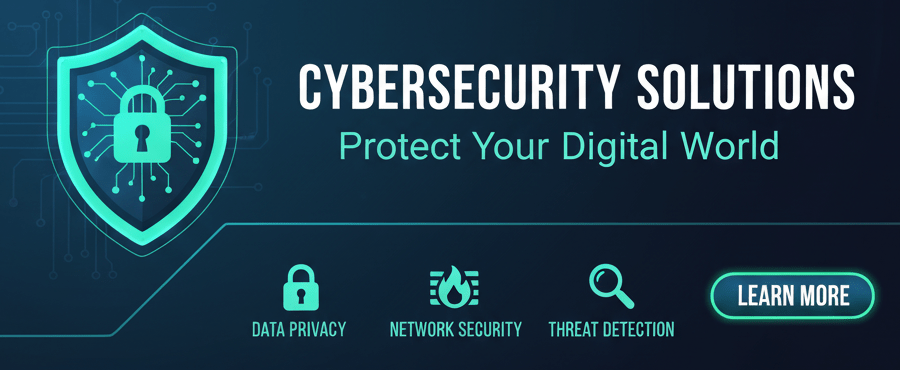Blockchain technology, often initially associated solely with cryptocurrencies like Bitcoin, is rapidly proving to be a far more versatile and transformative innovation with the potential to revolutionize numerous industries far beyond finance. At its core, blockchain is a decentralized, distributed, and immutable ledger system that securely records transactions across a network of computers. This fundamental architecture, characterized by transparency, security, and efficiency, is disrupting traditional systems and fostering a new era of trust in the digital age.
Understanding the Core Principles of Blockchain:
To appreciate blockchain’s transformative potential, it’s essential to understand its key principles:
- Decentralization: Unlike traditional centralized systems controlled by a single entity, blockchain operates on a distributed network of computers. This eliminates single points of failure and reduces the risk of manipulation.
- Transparency: All transactions recorded on a public blockchain are visible to all participants on the network. This transparency enhances accountability and reduces the potential for fraud and corruption.
- Immutability: Once a transaction is recorded on the blockchain, it is virtually impossible to alter or delete it. This immutability ensures the integrity and security of the data.
- Security: Blockchain utilizes cryptographic techniques to secure transactions and data, making it highly resistant to hacking and tampering.
- Efficiency: By automating processes and eliminating intermediaries, blockchain can streamline transactions, reduce costs, and increase efficiency across various applications.
Beyond Cryptocurrency: Diverse Applications Across Industries
While cryptocurrencies were the initial application, blockchain’s potential extends far beyond digital currencies:
- Supply Chain Management: Blockchain is revolutionizing supply chains by providing unprecedented transparency and traceability. Businesses can track goods from origin to consumer, verifying authenticity, provenance, and ethical sourcing, reducing counterfeiting and improving supply chain efficiency.
- Financial Services: Beyond cryptocurrencies, blockchain is transforming traditional financial services. It can streamline payments, facilitate cross-border transactions, improve security in banking systems, and enable new financial products and services.
- Digital Identity and Verification: Blockchain can provide secure and verifiable digital identities, empowering individuals with greater control over their personal data and simplifying identity verification processes across various sectors.
- Healthcare: Blockchain can enhance data security and interoperability in healthcare, facilitating secure sharing of medical records, improving clinical trial management, and combating counterfeit drugs.
- Voting Systems: Blockchain can enhance the security and transparency of voting systems, reducing the risk of fraud and increasing voter trust in democratic processes.
- Intellectual Property Management: Blockchain can provide a secure and immutable record of intellectual property ownership, simplifying copyright management and protecting creative works.
- Real Estate: Blockchain can streamline real estate transactions, reduce fraud, and improve transparency in property ownership records.
Building a More Trustworthy and Efficient Future:
Blockchain is not just a technological innovation; it represents a paradigm shift in how we build trust and conduct transactions in the digital world. By fostering transparency, security, and efficiency, blockchain is empowering businesses, governments, and individuals to operate with greater confidence and integrity. As blockchain technology continues to mature and evolve, we can expect to see even more innovative applications emerge, further solidifying its role as a foundational technology for the future.



